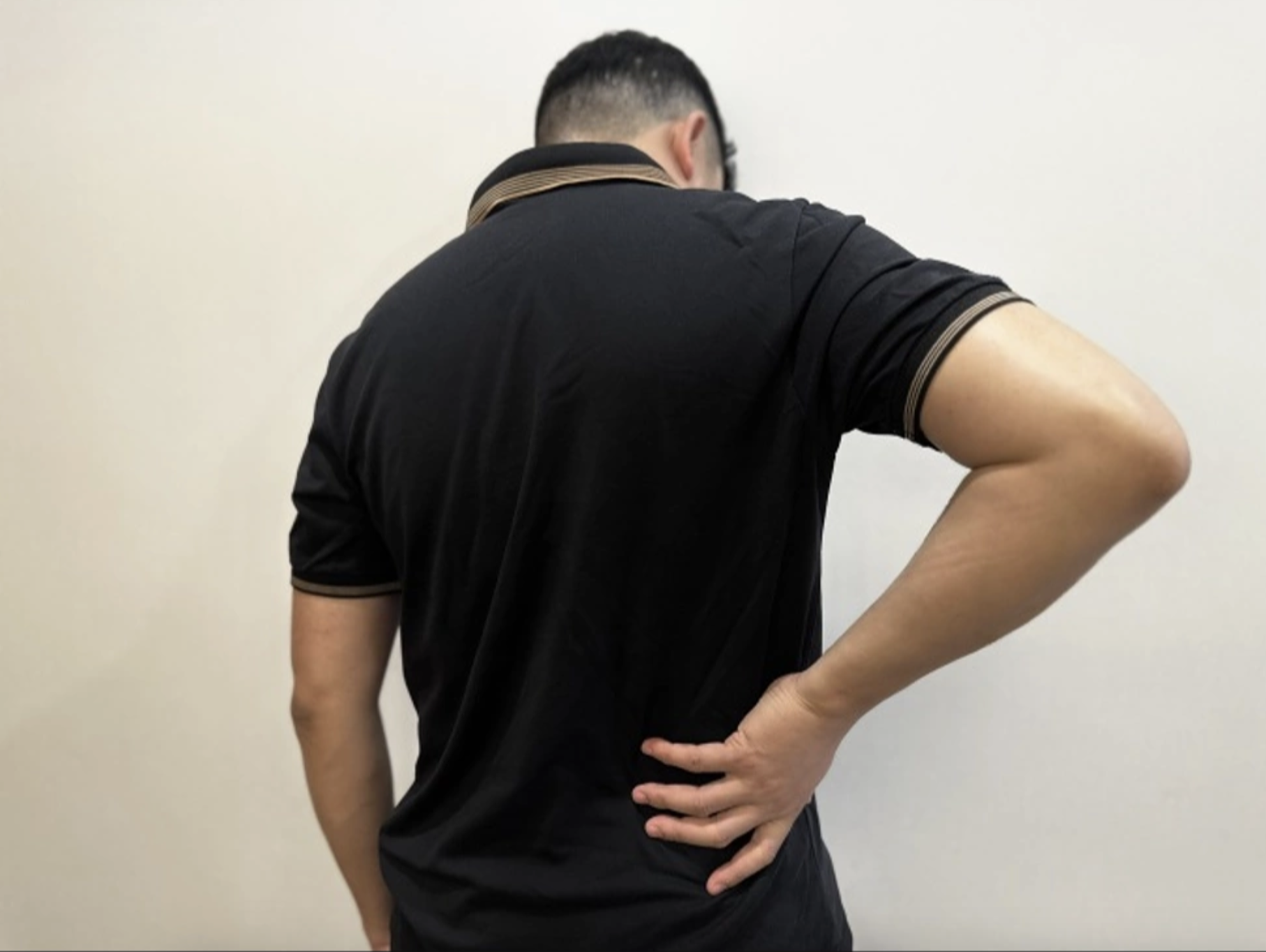Back pain has become a common ailment due to stressful lifestyles and unhealthy habits. However, not all back pain stems from poor posture. Sometimes, what feels like muscle tension could actually be a signal from your kidneys.
While most back pain results from posture, injury, or muscle problems, kidney-related pain has a distinct pattern and can indicate serious health issues like infections, stones, or inflammation. Recognizing the difference is crucial for early detection and treatment.
Here are three ways to tell if your back pain might be kidney-related:
A dull, deep ache on one side: Kidney pain typically manifests as a deep ache in the back, just below the rib cage. It usually affects only one side and is constant and dull. In contrast, muscle-related back pain feels sore or stiff and changes with movement.
Kidney pain often doesn't improve with rest, massage, or stretching. This pain can be caused by kidney infections, kidney stones, or inflammation such as pyelonephritis.
 |
Kidney pain often doesn't improve with rest, massage, or stretching. Photo: Ngoc Pham |
Kidney pain often doesn't improve with rest, massage, or stretching. Photo: Ngoc Pham
Back pain accompanied by fever, nausea, or painful urination: When back pain occurs alongside urinary symptoms like frequent urges to urinate, a burning sensation, cloudy or foul-smelling urine, it's a significant warning sign. If you also experience fever, chills, or nausea along with the pain, it could indicate a urinary tract infection (UTI) that has spread to the kidneys or kidney stones.
Don't ignore these important symptoms as they can worsen over time. Consult a doctor immediately.
Persistent, dull pain that doesn't improve with movement or rest: Muscle-related back pain usually lessens when you change positions, stretch, or apply heat. Conversely, kidney pain persists regardless of your posture or rest. If the pain continues throughout the night or isn't relieved by over-the-counter muscle relaxants or pain relievers, it could be a sign of a kidney issue.
Pay attention to these signs and consult a doctor if symptoms persist.
My Y (Times of India)












